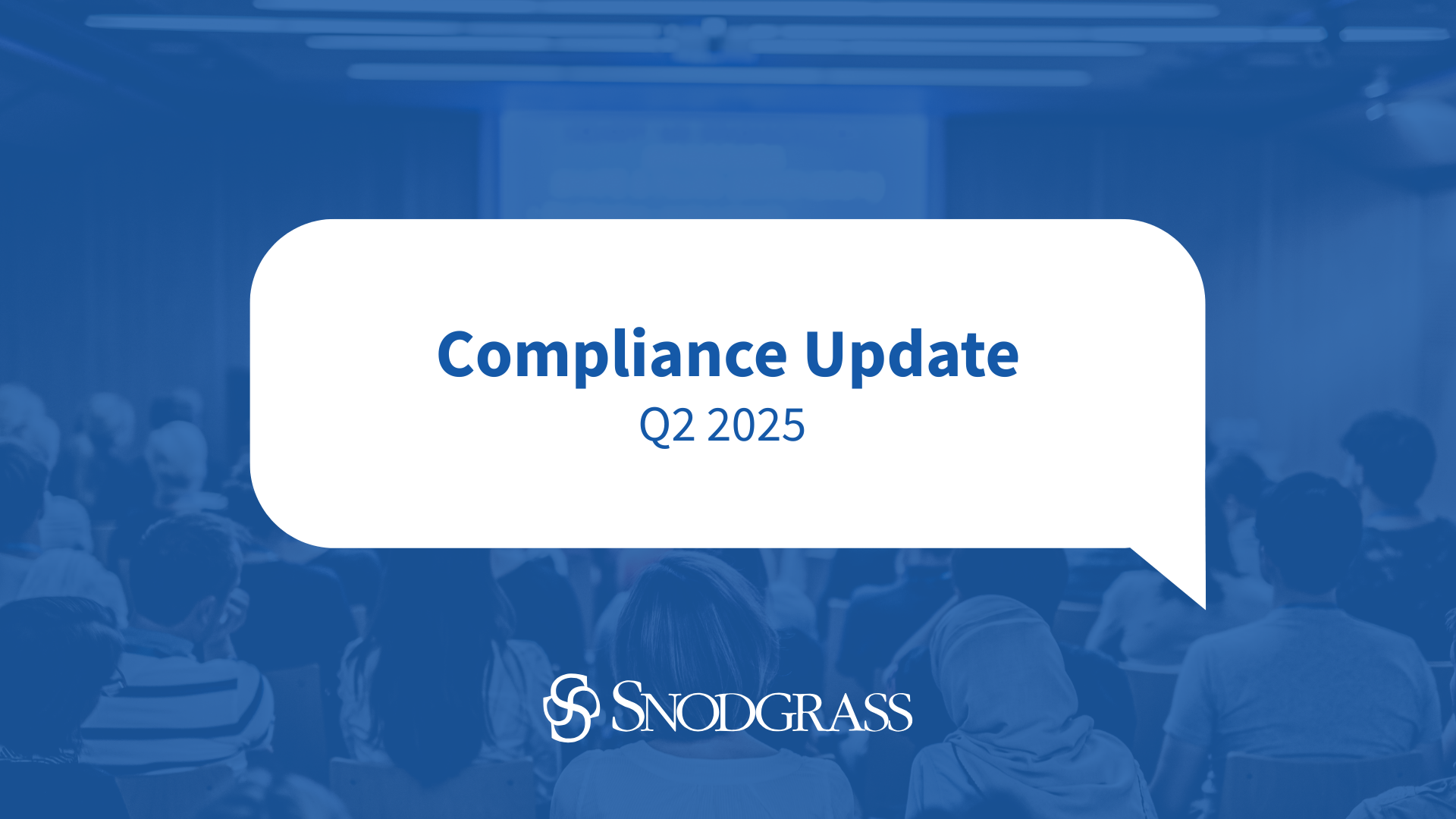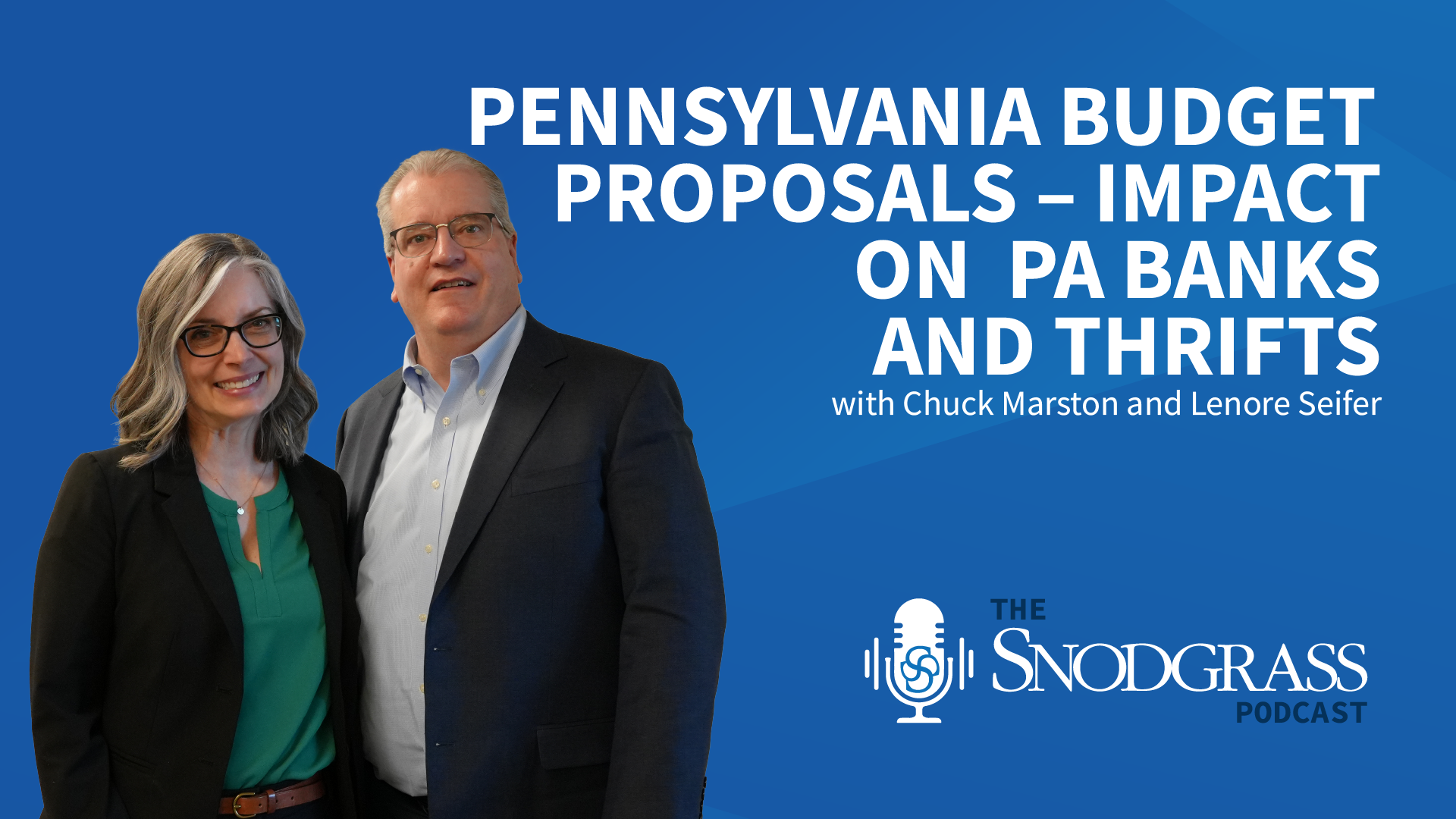CFPB and Justice Department Issue Joint Statement Cautioning that Financial Institutions May Not Use Immigration Status to Illegally Discriminate Against Credit Applicants
The Consumer Financial Protection Bureau (CFPB) and Justice Department issued a joint statement that reminds financial institutions that all credit applicants are protected from discrimination on the basis of their national origin, race, and other characteristics covered by the Equal Credit Opportunity Act, regardless of their immigration status. The CFPB and Justice Department are issuing this statement because consumers have reported being rejected for credit cards as well as for auto, student, personal, and equipment loans because of their immigration status, even when they have strong credit histories and ties to the United States and are otherwise qualified to receive the loans.
https://www.consumerfinance.gov/about-us/newsroom/cfpb-and-justice-department-issue-joint-statement-cautioning-that-financial-institutions-may-not-use-immigration-status-to-illegally-discriminate-against-credit-applicants/
Agencies Announce Dollar Thresholds for Smaller Loan Exemption from Appraisal Requirements for Higher-priced Mortgage Loans
The CFPB, the Federal Reserve Board, and the Office of the Comptroller of the Currency announced that the 2024 threshold for whether higher-priced mortgage loans are subject to special appraisal requirements will increase from $31,000 to $32,400.
The threshold amount will be effective January 1, 2024, and is based on the annual percentage increase in the Consumer Price Index for Urban Wage Earners and Clerical Workers, known as CPI-W, as of June 1, 2023.
The Dodd-Frank Act added special appraisal requirements for higher-priced mortgage loans, including that creditors obtain a written appraisal based on a physical visit to the interior of the home before making a higher-priced mortgage loan. The rules implementing these requirements contain an exemption for loans of $25,000 or less, adjusted annually to reflect CPI-W increases.
https://www.consumerfinance.gov/about-us/newsroom/agencies-announce-dollar-thresholds-for-smaller-loan-exemption-from-appraisal-requirements-for-higher-priced-mortgage-loans/
Agencies Announce Dollar Thresholds for Applicability of Truth in Lending and Consumer Leasing Rules for Consumer Credit and Lease Transactions
The Federal Reserve Board and the CFPB announced the dollar thresholds used to determine whether certain consumer credit and lease transactions in 2024 are subject to certain Regulation Z (Truth in Lending) and Regulation M (Consumer Leasing) requirements.
By law, the agencies are required to adjust the thresholds annually based on the annual percentage increase in the CPI-W. Transactions at or below the thresholds are subject to the protections of the regulations.
Specifically, based on the annual percentage increase in the CPI-W as of June 1, 2023, Regulation Z and Regulation M generally will apply to consumer credit transactions and consumer leases of $69,500 or less in 2024. However, private education loans and loans secured by real property, such as mortgages, are subject to Regulation Z regardless of the amount of the loan.
https://www.consumerfinance.gov/about-us/newsroom/agencies-announce-dollar-thresholds-for-applicability-of-truth-in-lending-and-consumer-leasing-rules-for-consumer-credit-and-lease-transactions/
Agencies Issue Final Rule to Strengthen and Modernize Community Reinvestment Act Regulations
Federal bank regulatory agencies jointly issued a final rule to strengthen and modernize regulations implementing the Community Reinvestment Act (CRA) to better achieve the purposes of the law. The CRA is a landmark law enacted nearly 50 years ago to encourage banks to help meet the credit needs of their entire communities, especially in low- and moderate-income neighborhoods, in a safe and sound manner.
Most of the rule’s requirements will be applicable beginning January 1, 2026. The remaining requirements, including the data reporting requirements, will be applicable on January 1, 2027.
https://www.fdic.gov/news/press-releases/2023/pr23086.html
OCC Report Identifies Key Risks Facing Federal Banking System
The Office of the Comptroller of the Currency (OCC) reported the key issues facing the federal banking system in its Semiannual Risk Perspective for Fall 2023.
The OCC reported that the overall strength of the federal banking system remains sound. The OCC expects banks to remain diligent and adhere to prudent risk management practices across all risk areas. Banks should continue to guard against complacency to ensure they maintain the ability to withstand potential future economic challenges.
The OCC highlighted credit, market, operational, and compliance risks as the key risk themes in the report.
The report covers risks facing national banks, federal savings associations, and federal branches and agencies based on data as of June 30, 2023, unless otherwise indicated. It presents information in five main areas: the operating environment, bank performance, special topics in emerging risks, trends in key risks, and supervisory actions. The report focuses on issues that pose threats to those financial institutions regulated by the OCC and is intended as a resource to the industry, examiners, and the public.
https://www.occ.gov/news-issuances/news-releases/2023/nr-occ-2023-135.html
Federal Reserve Board Announces Pricing, Effective January 2, 2024, for Payment Services
The Federal Reserve Board announced pricing, effective January 2, 2024, for payment services the Federal Reserve Banks provide to banks and credit unions, such as the clearing of checks, automated clearing house (ACH) transactions, and wholesale payment and settlement services.
The Reserve Banks will maintain the previous year’s fee schedule for the FedNow® Service, inclusive of discounts. Other information on the FedNow Service, including pricing and implementation costs, is available in the Federal Register notice.
The entire 2024 fee schedule is included in the Federal Register notice and will also be published on FRBservices.org.
https://www.federalreserve.gov/newsevents/pressreleases/bcreg20231117a.htm
CFPB Small Business Rule Repeal Clears House, Courts Veto
On October 18, 2023, the United States Senate passed a measure to overturn the CFPB rule requiring small business lenders to gather borrowers’ demographic data. The same measure passed in the United States House of Representatives on December 1, 2023. It now proceeds to President Joe Biden, who is expected to veto it.
The measure would use the Congressional Review Act to repeal the CFPB’s small business data collection rule. The rule requires banks, fintechs, and other lenders that make more than 100 small business loans annually to collect race, gender, and other demographic information, similar to data collected for mortgages.
The rule has been on hold nationwide since September 2023, when a Kentucky court imposed a nationwide injunction pending the Supreme Court’s ruling in Community Financial Services Association of America v. CFPB. The high court is expected to rule in the first half of 2024.
https://news.bloomberglaw.com/banking-law/cfpb-small-business-rule-repeal-clears-house-courts-biden-veto
FinCEN Alert on COVID-19 Employee Retention Credit Fraud
The Financial Crimes Enforcement Network (FinCEN), in close coordination with the Internal Revenue Service Criminal Investigation, issued an alert to financial institutions on fraud schemes related to the COVID-19 Employee Retention Credit (ERC). The alert provides an overview of typologies associated with ERC fraud and scams, highlights select red flags to assist financial institutions in identifying and reporting suspicious activity, and reminds financial institutions of their reporting requirements under the Bank Secrecy Act.
https://www.fincen.gov/news/news-releases/fincen-alert-covid-19-employee-retention-credit-fraud
FinCEN Finalizes Rule on Use of FinCEN Identifiers in Beneficial Ownership Information Reporting
FinCEN is issuing a final rule that specifies the circumstances in which a reporting company may report an entity’s FinCEN identifier in lieu of information about an individual beneficial owner.
A FinCEN identifier is a unique number that FinCEN will issue upon request after receiving required information. Although there is no requirement to obtain a FinCEN identifier, doing so can simplify the reporting process and allows entities or individuals to provide the required identifying information directly to FinCEN.
The final rule, which amends FinCEN’s final Beneficial Ownership Information (BOI) Reporting Rule, specifically responds to commenter concerns that the reporting of entity FinCEN identifiers could obscure the identities of beneficial owners in a manner that might result in greater secrecy or incomplete or misleading disclosures. The final rule provides clear criteria that must be met in order for a reporting company to report an intermediate entity’s FinCEN identifier in lieu of information about the individual beneficial owner.
The final rule will be effective January 1, 2024, to align with the effective date of the BOI Reporting Rule.
https://www.fincen.gov/news/news-releases/fincen-finalizes-rule-use-fincen-identifiers-beneficial-ownership-information
The Second/Third Issue 2023 of Consumer Compliance Outlook (CCO) is now available on the CCO website. This issue includes the following articles and features:
- Top Federal Reserve Compliance Violations in 2022: Data Collection and Reporting Requirements of the Home Mortgage Disclosure Act
- Compliance Risk Assessments
- Compliance Spotlight: Supervisory Observations on Representment Fees
- In Case you Missed It… (list of popular CCO articles)
- Regulatory Calendar
https://www.consumercomplianceoutlook.org/



